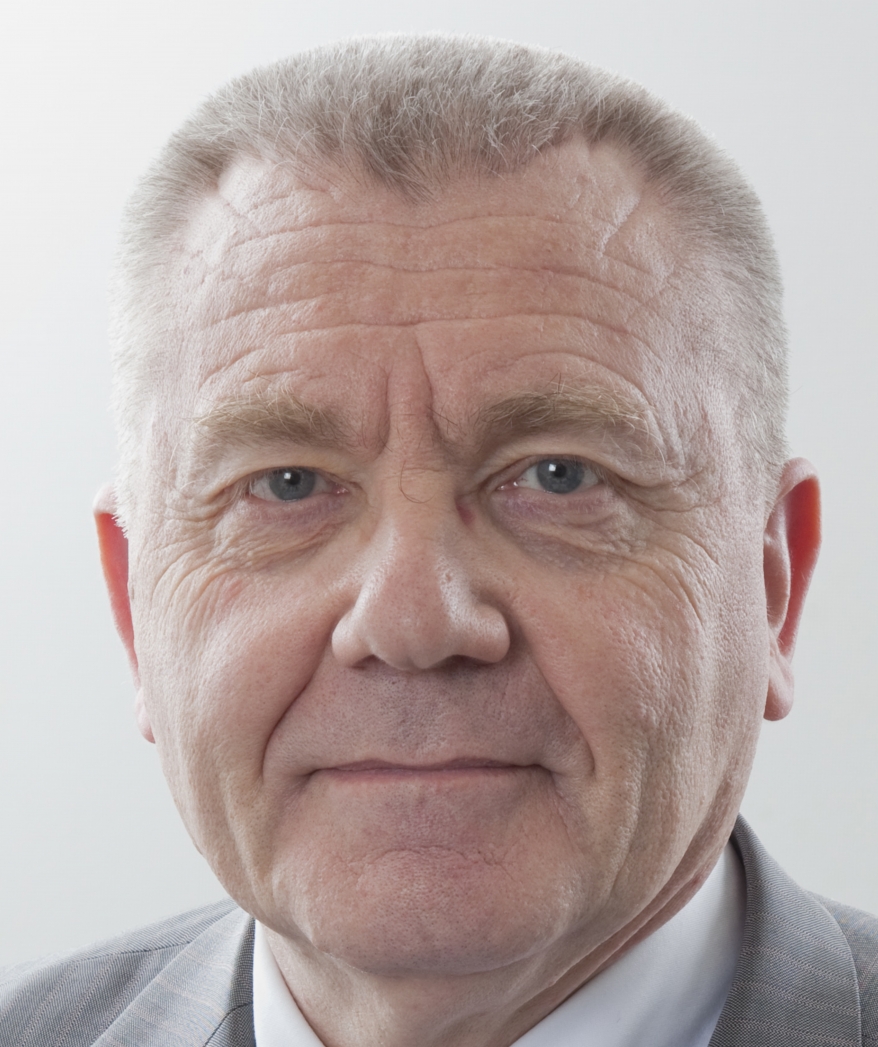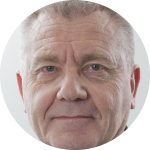As a former President of the European Research Council (ERC), can you explain what the ERC and the ERC grants are?
The European Research Council was created in 2007 with the mission of distributing grants to researchers purely on the basis of the project’s scientific quality. The need to differentiate the years of working experience quickly became obvious. Today ERC grants are divided into “Starting” (2-7 years after PhD), “Consolidator” (7-12 years after PhD) and “Advanced” (10 years of experience requested) grants. For mothers, the limits for starting and consolidators can be pushed by 18 months per child to encourage women to apply. The same applies for a taken paternity leave.
These are up to 5-year grants covering all research domains, and can cover salaries. The key point is to convince the panels that the projects are ambitious and present some risk. Receiving an ERC grant is a big boost to the career, in particular for young researchers because it allows them to establish their own team.
The number of applications varies from year to year (around 10000 each year). The 2021 Starting grants call saw a larger number. However, the budget by the ERC Scientific Council needs to be allocated before the call is launched. A difficult guess! Inevitably but unfortunately success rates fluctuate.
A lot of Early Career Researchers (ECRs) fear the effect of COVID-19 in their productivity, would you encourage them to apply for grants?
We feared in particular that, with the pandemic, less women would be applying. However, for the ERC 2021 Starting grants call more women applied and, on top of that, their success was higher than ever before (43% of the laureates are women, to be compared with 39%, the percentage of women in the age group). However, the pandemic may still have a significant effect on many ECRs to be visible later. Hence my advocating to hold a European conference assessing the effects of the pandemic on the career of young researchers. Working conditions have clearly been severely affected with differences between countries, institutions, disciplines or gender of the researchers.
To me data needs to be collected thoroughly to assess the extent of the problem, to share good practises and to develop long-term strategies. Several associations, such as the Initiative for Science in Europe, are also calling the attention of Ministers. I hear many researchers are considering quitting research. I also see that many junior researchers do not see prospects to develop their career. This happens at a time when the private sector is making significant efforts to attract researchers with competitive offers to face successfully the severe transitions they must quickly undergo. In terms of employment this is good news but, if policymakers are not careful enough, we run the risk of losing too many qualified people in the public sector research. If this happens, the competitiveness of Europe will be negatively impacted!
Even worse is the situation of ECRs who are not ‘so young’ as they may have more difficulties being recruited by industry…
Indeed, those who had precarious working conditions, e.g. accumulating several postdocs may be squeezed by the system, because the private sector wants “new blood”. Some years ago an initiative from NIH in the US helped researchers over 40 years of age be retrained to facilitate their hiring. I have never heard of such an initiative in Europe. This is why we need to assess what is happening with in-depth knowledge. By identifying these different profiles and their needs, it would be possible to find different solutions to this problem.
Do you think there might be more brain drain outside Europe? Would you encourage ECRs to stay in Europe?
The pandemic has limited researchers’ mobility and the fluidity of movement between institutions. The US remains attractive while China was basically closed since the pandemic began. It is very difficult to predict now how the brain drain will develop even if massive investments in these countries take place. We really need data to see if other countries remain as attractive. Europe is not in bad shape as researchers there are still producing about ⅓ of the new high quality knowledge produced at world level. This is why it is important that a network such as Eurodoc helps people be aware of new openings. Being in a network is an excellent way to create new career opportunities, and to avoid being isolated when expectations are not met. My suggestion is to be proactive and not negligent with soft skills!
Read more about ERC and Horizon Europe Grants here: http://www.eurodoc.net/news/2021/horizon-europe-and-mobility-possibilities-for-early-career-researchers



